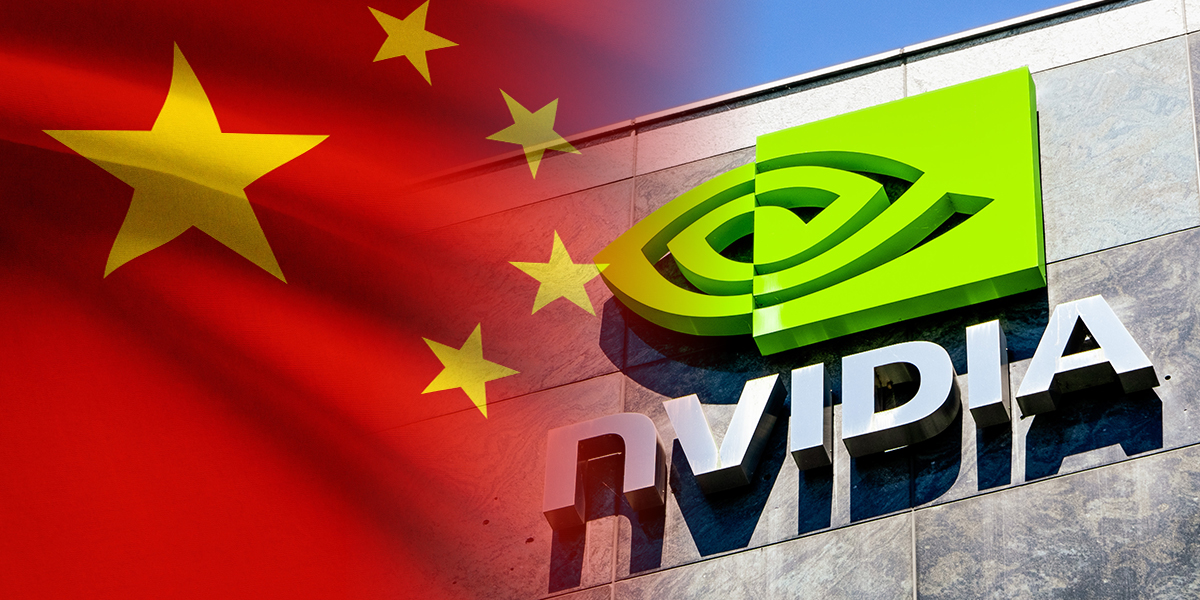U.S. President Donald Trump stated on Wednesday he intends to discuss Nvidia’s advanced Blackwell artificial intelligence chip with Chinese President Xi Jinping during their anticipated meeting on Thursday.
The fate of Nvidia’s high-end AI chips—sales of which to China accounted for 13% of the U.S. company’s revenue last fiscal year—has been a key issue in prolonged trade negotiations between Washington and Beijing in 2025.
Beijing remains frustrated by U.S. export controls banning Nvidia from selling its most sophisticated AI chips to China, with Washington justifying restrictions on national security grounds, citing concerns over potential military use.
Speaking to reporters aboard Air Force One en route to Gyeongju, South Korea for the APEC summit, Trump praised Nvidia’s Blackwell chip as a “super-duper chip” and noted he’s “very optimistic” about his forthcoming talks with Xi—their first since Trump’s return to the presidency. Trump said the two leaders may address the issue but provided no further details.
During his second administration, Trump’s policy on Nvidia exports to China has been inconsistent, at times balancing American technological dominance with the potential risks of enhancing China’s military capabilities or increasing its dependence on U.S. technology.
Earlier this year, the U.S. ordered Nvidia to halt sales of its H20 chips, which were developed specifically for the Chinese market, prompting the company to ready a less advanced model based on the latest Blackwell architecture. However, as part of broader talks, Washington lifted the H20 sales ban three months later in exchange for progress with China on rare earth minerals.
In August, Trump said he would permit Nvidia to sell H20 chips to China if the U.S. government obtained a 15% share of certain advanced chip sales in the country, possibly opening the way for the sale of more powerful chips. Despite this revenue-sharing arrangement, Nvidia reported no H20 chip deliveries to China, as the U.S. has not yet established procedures for payments and Chinese authorities discouraged firms from purchasing from the California-based chipmaker.
Nvidia CEO Jensen Huang, slated to meet Trump on Wednesday to discuss Blackwell shipments, noted on Tuesday that the company has not applied for new export licenses for China due to Beijing’s current position. He also stressed that Chinese market access is necessary to support the U.S. R&D.
Amid ongoing U.S. restrictions, Beijing continues to encourage Chinese firms to prioritize domestic chips. Still, Chinese developers have shown continued preference for Nvidia products due to tight domestic supply, particularly from rivals like Huawei, according to Reuters.





